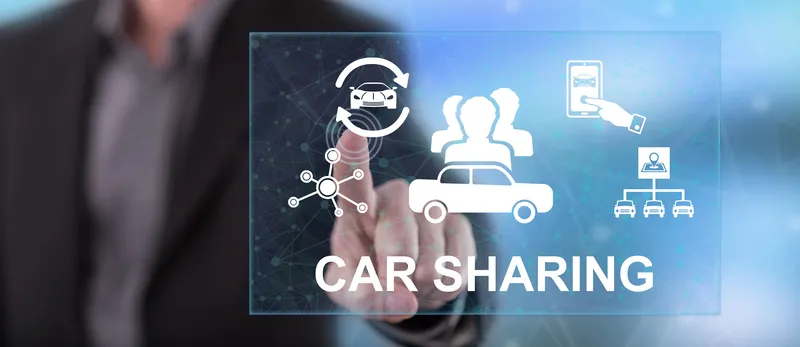The latest Smart Insights report, Smart ticketing on the Path to Dematerialization, explores the dynamics and the specificities of the smart ticketing business. It anticipates that in spite of the growth of software and service based solutions, public transport operators will issue over one billion smart cards by 2021.
According to this research, mobile ticketing is expected to experience a CAGR (compounded annual growth rate) of 51 per cent over the 2016-2021 period while the share of contactless and ma
May 18, 2016
Read time: 2 mins
The latest Smart Insights report, Smart ticketing on the Path to Dematerialization, explores the dynamics and the specificities of the smart ticketing business. It anticipates that in spite of the growth of software and service based solutions, public transport operators will issue over one billion smart cards by 2021.
According to this research, mobile ticketing is expected to experience a CAGR (compounded annual growth rate) of 51 per cent over the 2016-2021 period while the share of contactless and magnetic fare media (tickets and cards) shipments will face a slow decrease.
The report analyses the requirements and solutions for automated fare collection (AFC). Most public transportation operators have already covered the path from paper and magstripe tickets to smart contactless cards. Now multiple new solutions are coming up, including mobile ticketing and open loop. Today banking cards (or other application cards) and mobile phones, using NFC (Near Field Communication) applications or QR codes for instance, are also used as valuable ticketing options.
To provide a better understanding of this market, Smart Insights examines six use cases: Tokyo, London, Paris, New York, Moscow and Beijing. Tickets and cards (magstripe or smart card-based) are forecasted for each of these markets, as well as the adoption of mobile and open loop ticketing solutions. A worldwide analysis is also developed for the period 2016-2021.
Thierry Spanjaard, CEO of Smart Insights, adds: "We are experiencing a turning point in the operation of mass transit: the whole software and services aspect is now prevailing over the physical fare media."
According to this research, mobile ticketing is expected to experience a CAGR (compounded annual growth rate) of 51 per cent over the 2016-2021 period while the share of contactless and magnetic fare media (tickets and cards) shipments will face a slow decrease.
The report analyses the requirements and solutions for automated fare collection (AFC). Most public transportation operators have already covered the path from paper and magstripe tickets to smart contactless cards. Now multiple new solutions are coming up, including mobile ticketing and open loop. Today banking cards (or other application cards) and mobile phones, using NFC (Near Field Communication) applications or QR codes for instance, are also used as valuable ticketing options.
To provide a better understanding of this market, Smart Insights examines six use cases: Tokyo, London, Paris, New York, Moscow and Beijing. Tickets and cards (magstripe or smart card-based) are forecasted for each of these markets, as well as the adoption of mobile and open loop ticketing solutions. A worldwide analysis is also developed for the period 2016-2021.
Thierry Spanjaard, CEO of Smart Insights, adds: "We are experiencing a turning point in the operation of mass transit: the whole software and services aspect is now prevailing over the physical fare media."








